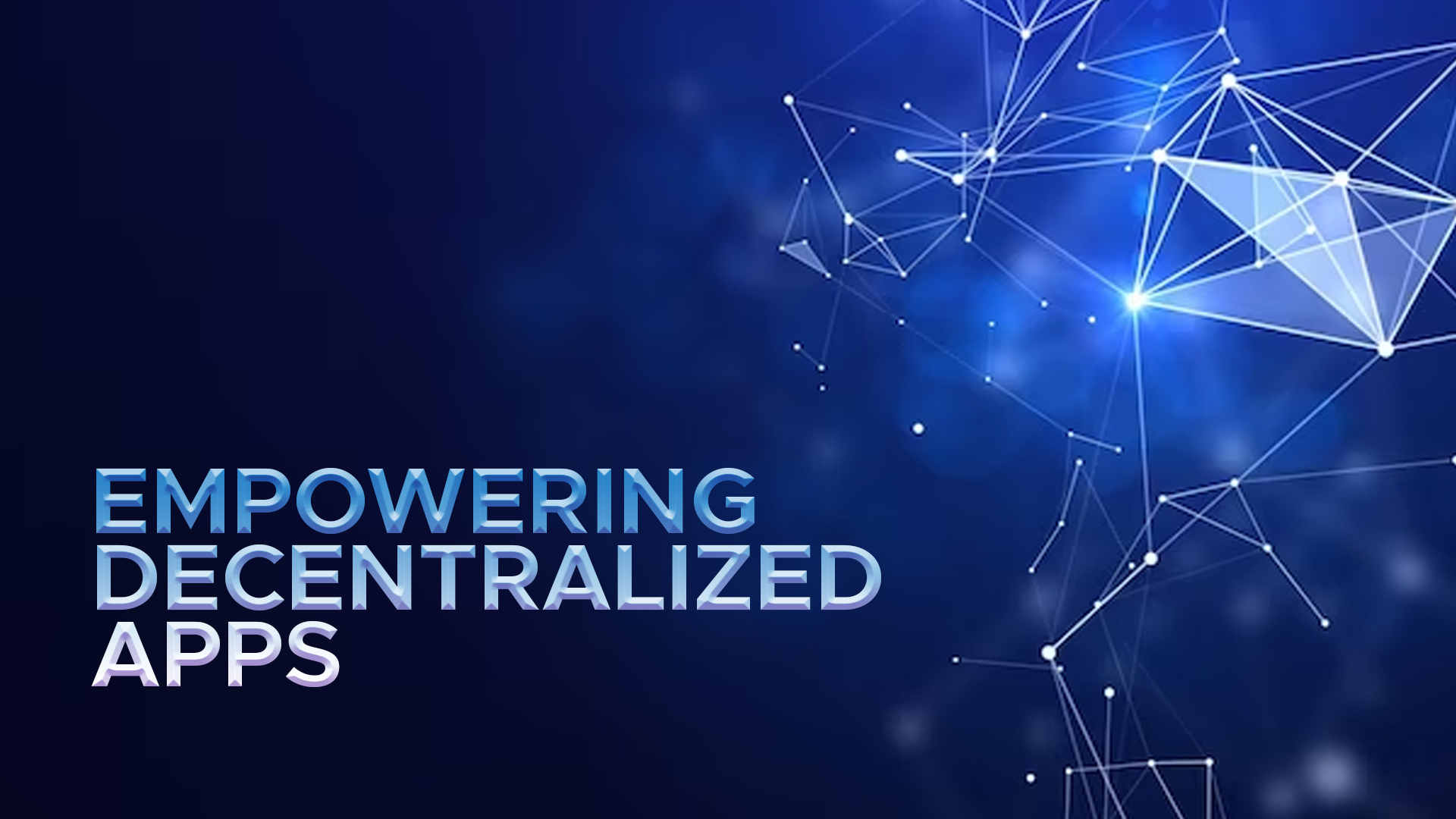

Decentralized applications, or dApps, are programs that run on a blockchain or peer-to-peer (P2P) network, a decentralized type of network that supports Direct node interaction, redundancy, resilience, and no single point of failure. They are outside the control of a single authority; that is, they work on a decentralized network instead of a single data and interaction control server. This makes them more open, reliable, and resistant to censorship.
DApps are often built on the Ethereum platform. They are used for various purposes, such as gaming, finance, and social media.
We will discuss fundamental aspects that contribute to the successful development and operation of dApps on Internet computers. Some of these concepts include:
The Internet Computer empowers dApps by embracing decentralization, which redistributes control away from centralized entities. This shift ensures greater transparency and security. Unlike traditional systems, where applications rely on centralized servers, the Internet Computer leverages a distributed network of nodes to host and execute dApps. This eliminates the need for intermediaries and single points of failure, enhancing security and reducing the risk of censorship. Users can interact with dApps directly, fostering a more democratic and inclusive digital environment.
The Internet Computer’s architecture ensures efficient dApp execution by distributing computation across its network of nodes. This approach minimizes latency and accelerates processing. Scalability is achieved through ‘subnet’ divisions, enabling parallel execution of dApps. As user demand grows, new subnets can be added, maintaining optimal performance. This combination of efficient execution and scalable design allows the Internet Computer to handle a high volume of transactions while delivering a seamless experience for users and developers.
The Internet Computer seamlessly integrates with existing web technologies by enabling dApps to be accessed through standard web browsers. It supports programming languages and frameworks, making the transition to dApp development smoother for developers. Its WebAssembly runtime is compatible with existing web technologies, enabling smooth interaction between ICP applications and the broader web ecosystem.
Canisters play a crucial role in isolating and securing the execution of dApps on the Internet Computer. Canisters communicate and share information flawlessly, which allows different components of an application to work together as if they were all part of a single unit, even though they might be located apart. They are independent units that encapsulate code and data, ensuring that each dApp runs within its isolated environment. This isolation enhances security by preventing one dApp from interfering with another.
It also maintains the platform’s integrity, ensuring that a compromised dApp cannot affect the overall network, which makes the Internet Computer a more secure location.
The Internet Computer’s capabilities benefit dApps in domains like finance (decentralized exchanges), social media (censorship-resistant platforms), and supply chain (transparent tracking). Its features address pain points by ensuring trust, reducing reliance on intermediaries, and enhancing security. This fosters innovation across industries, enabling more efficient and inclusive digital solutions.
The Internet Computer plays a pivotal role in empowering decentralized applications by offering efficient execution, scalability, data privacy, and seamless integration. With its innovative architecture and decentralized network, it has the potential to reshape the landscape of dApp development and drive the evolution of decentralized ecosystems, fostering a more open and accessible digital future.
Token airdrops have historically introduced investors to new blockchain projects. However, many distributions fail to…
Airdrops have traditionally been used to introduce new investors to blockchain projects, but their effectiveness…
The approval of Bitcoin ETFs was one of the most anticipated events in crypto history,…
The blockchain space continues to evolve, with projects pushing security, scalability, and user engagement to…
As the cryptocurrency market recovers from recent volatility, several projects emerge as strong contenders for…
The cryptocurrency market is showing strong bullish signals, with many altcoins poised for significant gains.…
This website uses cookies.